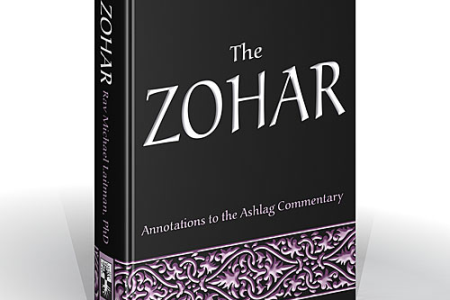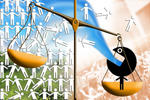Kabbalah has always been studied from books.
When Kabbalists write books, they have already reached a certain spiritual level. When we read the books, wanting to somehow make contact with that world from which the Kabbalist wrote, we are enfolded in an illumination from that place. We do not feel it, but it slowly prepares us for the phase when we begin to feel more and more of what the books describe.
This is how one begins the process of entering the spiritual world.
Throughout history, Kabbalists have written materials that were meant for a specific generation. The materials from different generations actually provide the same material, but are presented in a manner that is easiest for that generation to understand.
The text in genuine books of Kabbalah precisely describes how the mechanism that operates reality works. Using charts and formulas, it depicts the “control room of reality” in a form much like a user’s manual. These visuals teach us how the laws work in spirituality, and how we can influence them with mind and will, consequently affecting the results that will return to affect us.
Continue reading “What are the Research Materials of Kabbalah?”

